Main navigation
The undergraduate program in electrical engineering is accredited by the Engineering Accreditation Commission of ABET, https://www.abet.org, under the commission’s General Criteria and Program Criteria for Electrical Engineering.
Electrical Engineering Program Educational Objectives (PEOs)
The PEOs describe what students are expected to attain within a few years after graduation.
The Electrical Engineering Program educational objectives are as follows:
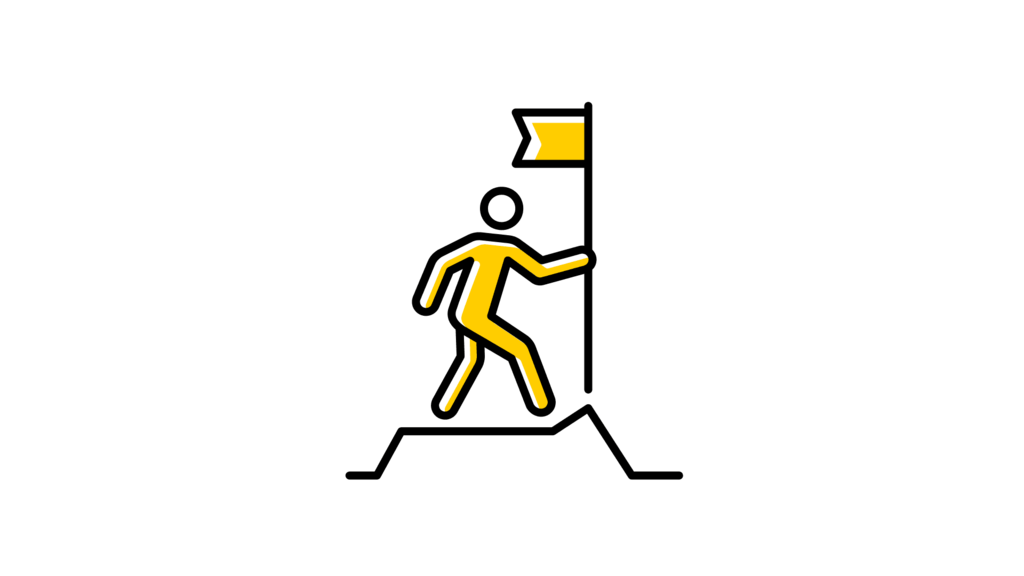
Leadership
Ability to exhibit leadership and vision in contributing to the technical and policy decisions of industry, government, and research enterprises.
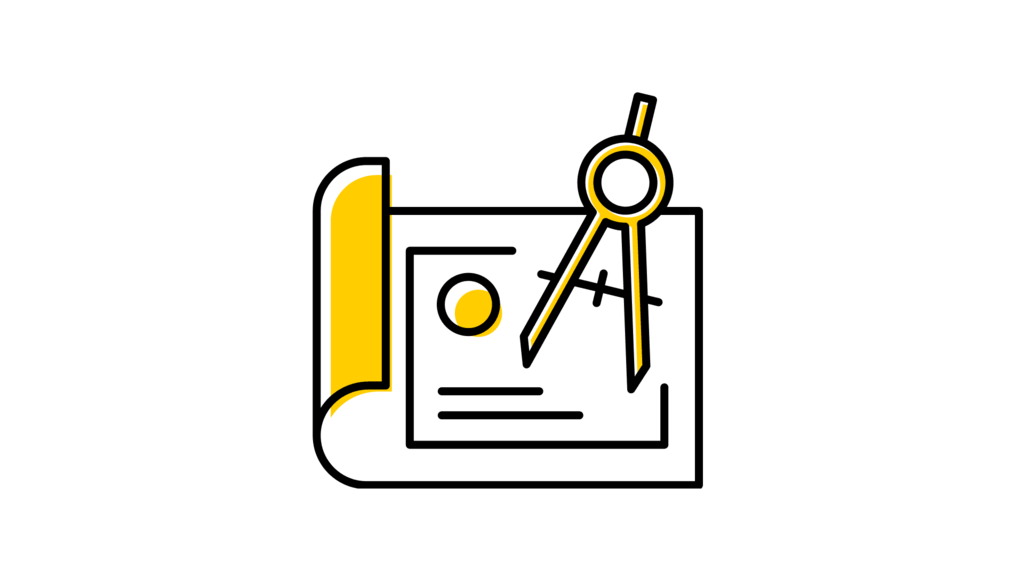
Problem solving
Ability to demonstrate problem solving abilities that permit them to contribute in a variety of technical, business, and academic careers.
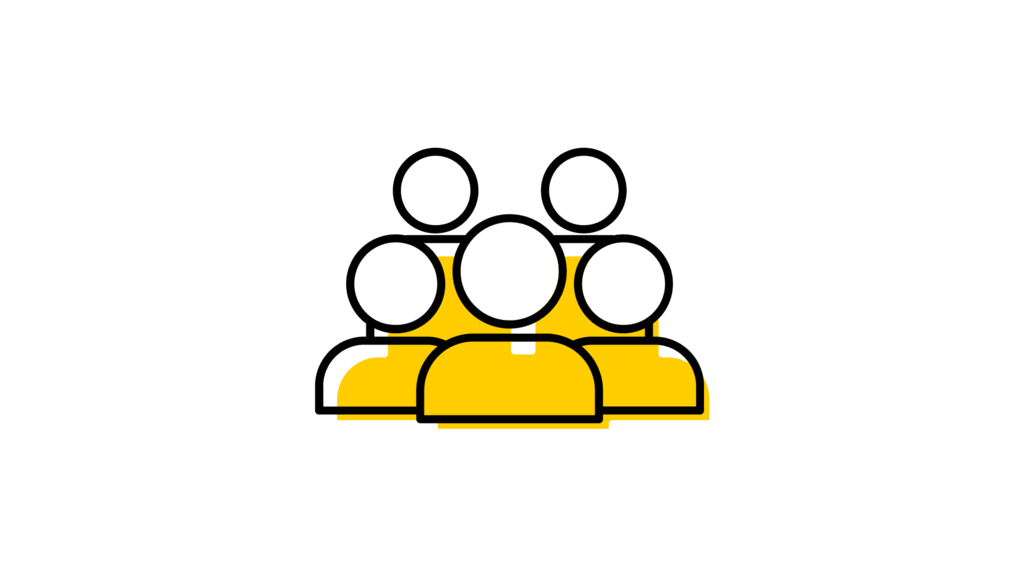
Multidisciplinary
Ability to thrive in global and multidisciplinary environment
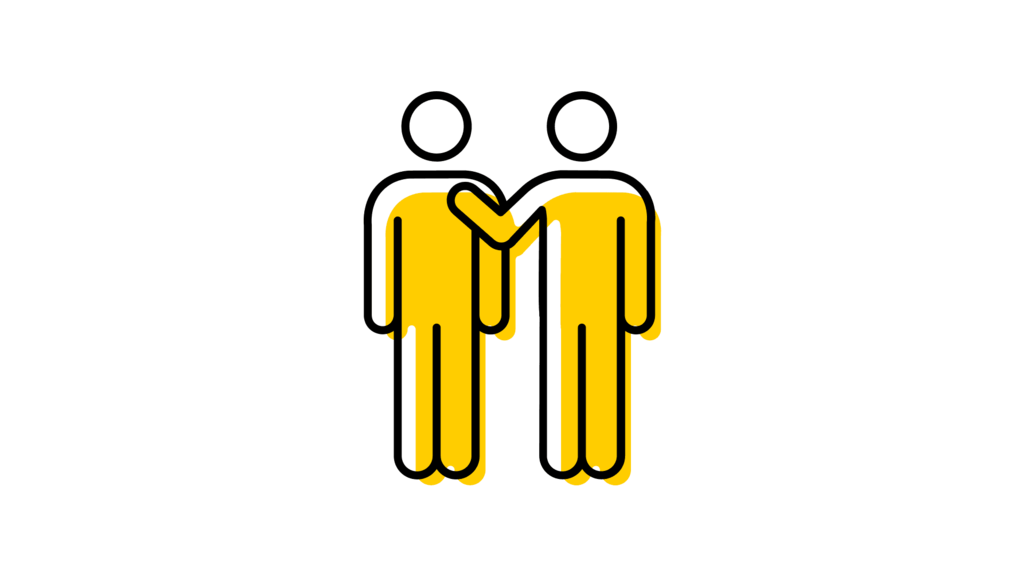
Communication
Ability to possess the ability to communicate effectively and participate collaboratively in interactions with engineers and other professionals.

Life-long learning
Ability to understand the importance of participating in lifelong-learning activities that enhance their professional and personal development.
Student Outcomes
Student outcomes describe what students are expected to know and be able to do by the time of graduation.
The Electrical Engineering Program has adopted the Engineering Accreditation Commission's (EAC) outcomes 1–7:

Problem solving
An ability to identify, formulate, and solve complex engineering problems by applying principles of engineering, science, and mathematics.

Design thinking
An ability to apply engineering design to produce solutions that meet specified needs with consideration of public health, safety, and welfare, as well as global, cultural, social, environmental, and economic factors.

Communication
An ability to communicate effectively with a range of audiences.

Ethics
An ability to recognize ethical and professional responsibilities in engineering situations and make informed judgments, which must consider the impact of engineering solutions in global, economic, environmental, and societal contexts.
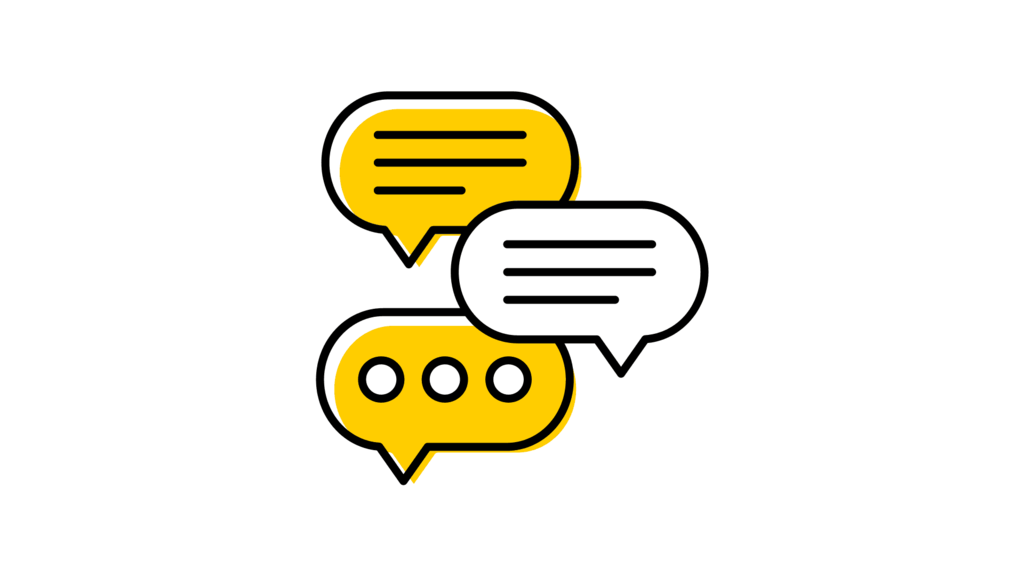
Collaboration
An ability to function effectively on a team whose members together provide leadership, create a collaborative environment, establish goals, plan tasks, and meet objectives.

Experimentation
An ability to develop and conduct appropriate experimentation, analyze and interpret data, and use engineering judgment to draw conclusions.
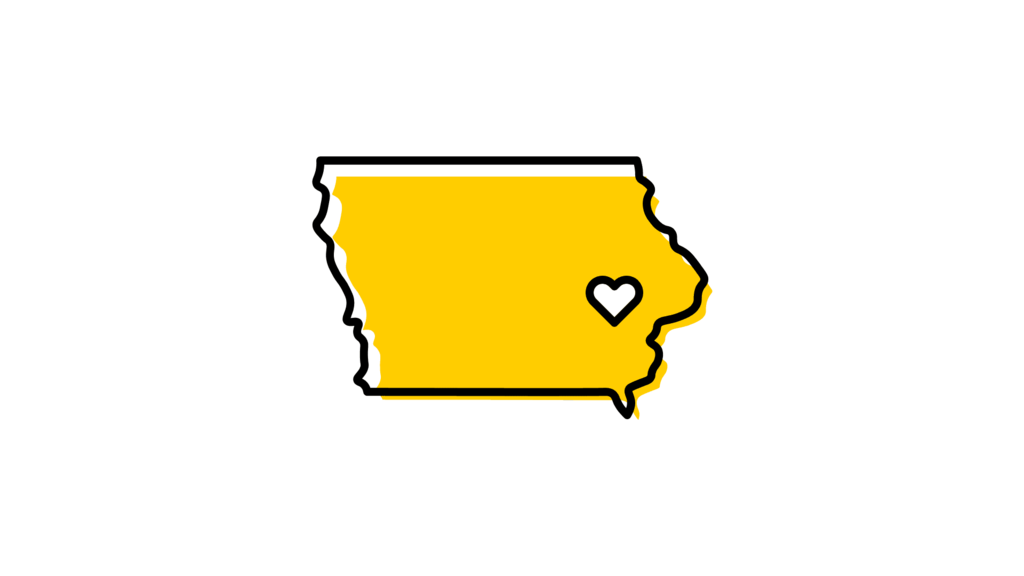
Life-long learning
An ability to acquire and apply new knowledge as needed, using appropriate learning strategies.
Annual Student Enrollment and Graduation Data
67
Degrees awarded in 2019
164
students enrolled in 2020–2021
192
students enrolled in 2018–2019